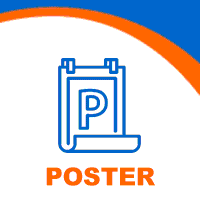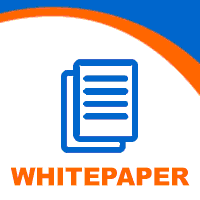Process Simplification Series No. 1: Moisture-Activated Dry Granulation (MADG) – An Economical Alternative for Wet- and Dry-Granulation
Wet granulation, dry granulation and direct blending are the three most common granulation processes for solid dosage form production in the pharmaceutical industry for decades. However, each of the three mentioned process has its drawbacks, among which, the requirement of post-granulation operations is one of the major weakness.




